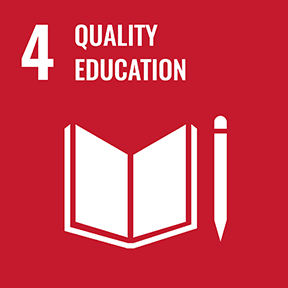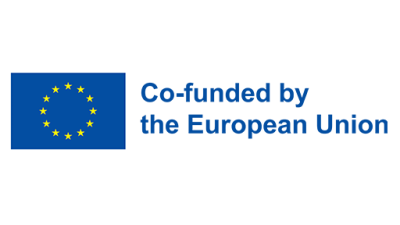Project
Gaming Skills for Studies
Project sponsors
Project type
Focus area
Implementation time
1.4.2025
-
31.12.2027
Project unit
Financing program
European Social Fund Plus (ESF+) 2021-2027
Primary home page
Secondary home page
UN Sustainable development goals

Project description
Students today face an increasing array of challenges related to mental wellbeing, resource availability, academic progression, and deficits in essential study skills. These difficulties encompass areas such as self-directness, concentration, emotional regulation, and interpersonal skills, which are crucial for learning success. As a result, some students fall behind in their studies or risk dropping out entirely. In addition, many students report high levels of loneliness and a desire for more community-based activities. In the worst cases, loneliness and mental health struggles can lead to dropping out and ultimately to social exclusion. At the same time, young people and young adults are among the most active digital gamers. Gaming can provide motivation, foster social connections, and build a sense of community, thereby reducing loneliness and mitigating the risk of exclusion. Despite the significant interest in digital gaming, its potential as a motivational tool and community-building mechanism remains underutilized in educational settings. Moreover, educators and guidance professionals often hold negative attitudes towards digital gaming.
The 'Gaming Skills for Studies' project aims to leverage and expand the opportunities presented by digital games in educational environments across Central Finland. It targets students in upper secondary vocational schools and universities of applied sciences who face difficulties with academic progress, well-being, and loneliness, as well as students actively training in e-sports who are at risk of dropping out. The project also includes professionals involved in teaching, guidance, counseling, and those working in student welfare and health services.
The project's objectives are to 1) Support students at risk of social and educational exclusion to advance in their studies and reduce the likelihood of dropping out through targeted skills training via digital gaming. 2) Enhance students' sense of belonging and reduce loneliness through community gaming initiatives. 3) Identify and address the challenges faced by students aspiring to professional careers in e-sports in balancing their studies and training, thereby preventing educational drop-out. 4) Increase educators', counselors', and institutional experts' understanding of the potential of digital games for teaching, counseling, and reducing loneliness.
The project will organize skills coaching groups based on dialectical behavior therapy, integrating digital gaming and community gaming approaches. These groups will be held both locally and online, in Finnish and English, to accommodate international students as well. The skills training model developed through this initiative will be
documented for adoption by other educational institutions and serve as
the foundation for an open MOOC course on the opin.fi platform. Additionally, the project will host low-threshold 'Game Encounters' to alleviate students' experiences of loneliness. A Student Development Forum will be established to co-develop and guide these Game Encounters. Furthermore, the project will design and implement a 'Loneliness Speaks' campaign, encouraging open dialogue about students' experiences with loneliness and fostering collaborative solutions.
documented for adoption by other educational institutions and serve as
the foundation for an open MOOC course on the opin.fi platform. Additionally, the project will host low-threshold 'Game Encounters' to alleviate students' experiences of loneliness. A Student Development Forum will be established to co-develop and guide these Game Encounters. Furthermore, the project will design and implement a 'Loneliness Speaks' campaign, encouraging open dialogue about students' experiences with loneliness and fostering collaborative solutions.
The project will also produce recommendations for integrating e-sports training with academic studies, helping to prevent drop-out among students pursuing e-sports careers. Participants will be recruited as e-sports ambassadors to promote these recommendations and raise awareness about digital gaming. Educational material will be created, including a series of informational sessions, open educational materials, and a podcast series titled 'Me: A Game Educator,' aimed at strengthening educational institutions' capabilities and exploring ways to utilize gaming in teaching and counseling.
